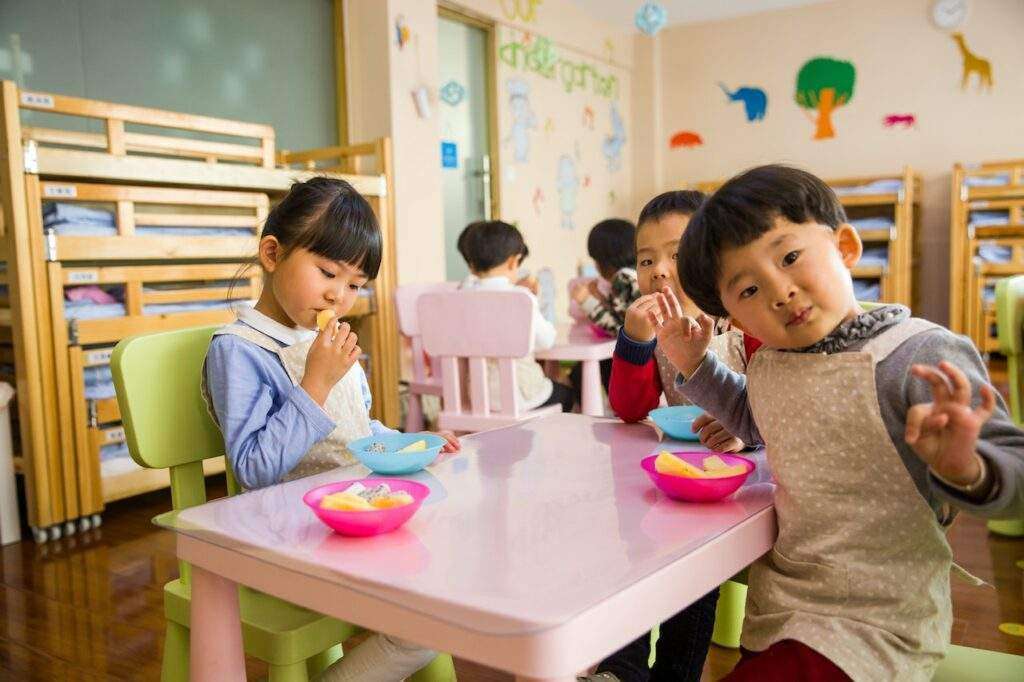
Prekindergarten is an early learning experience that sets the foundation for a child’s future academic success and overall development. It is a critical time in a child’s life when they learn essential social, emotional, and cognitive skills that help shape their future.
Children who join preschool are likely to be prepared for school’s academic and social demands, love learning, and have higher self-esteem. Please read the complete article to learn the importance of prekindergarten in a child’s development and why parents must invest in their child’s education at this early age.
Social Development:
One of the primary goals of preschool is to help children develop social skills and positive relationships with their peers. Prekindergarten allows children to interact with their peers and learn how to share, take turns, and cooperate in group activities. This helps children develop a sense of community and learn how to communicate with others.
Kids staying at home will not get any knowledge or develop communication skills. Communication is one of the essential skills that every child should have. So, it is required for them since childhood and is available at prekindergarten.
Emotional Development:
Prekindergarten also plays an essential role in helping children develop emotional skills and self-esteem. Children at this age are learning to identify and regulate their emotions and understand how their actions impact others.
They also know to feel confident and optimistic about themselves, which is crucial for their well-being. Teachers and staff in prekindergarten environments provide children with a supportive and nurturing environment that helps them feel safe and secure as they navigate this critical stage of development.
Cognitive Development:
Prekindergarten is crucial for cognitive development, helping children develop early literacy and math skills. You can find math tutors online as well to make your child learn faster. Children engage in activities that help them learn the basics of reading, writing, and counting, laying the foundation for future academic success. They also engage in imaginative play and hands-on activities that help them understand cause and effect, develop problem-solving skills, and build their creativity.
Early Childhood Education is Key:
Prekindergarten provides children with an essential foundation for future academic success. Research has shown that children who attend high-quality prekindergarten programs are more likely to succeed in school and beyond. They can graduate from high school, attend college, and achieve higher educational attainment than children who do not attend prekindergarten.
Preparing Children for Kindergarten and Beyond:
Prekindergarten is also essential for preparing children to transition to kindergarten and beyond. Children who attend prekindergarten are more likely to be ready for kindergarten’s academic and social demands. They are more likely to be successful in school and have the skills they need to succeed in the future.
It is helpful for both the child and the parents when they join prekindergarten because children can develop their skills during the prekindergarten phase, which can be very beneficial for future kindergarten as they can grasp the subject much faster and easier.
Conclusion:
In conclusion, prekindergarten is essential to a child’s development and sets the foundation for future success. Providing children with a nurturing and supportive environment, prekindergarten helps children develop important social, emotional, and cognitive skills.
Parents who invest in their child’s education at this early age are helping to lay the foundation for a successful future. With the proper support and guidance, prekindergarten can help children become confident, well-rounded individuals ready for future challenges. High-quality prekindergarten programs offer children the opportunity to learn and grow in a proper way that can set their life on the correct path.